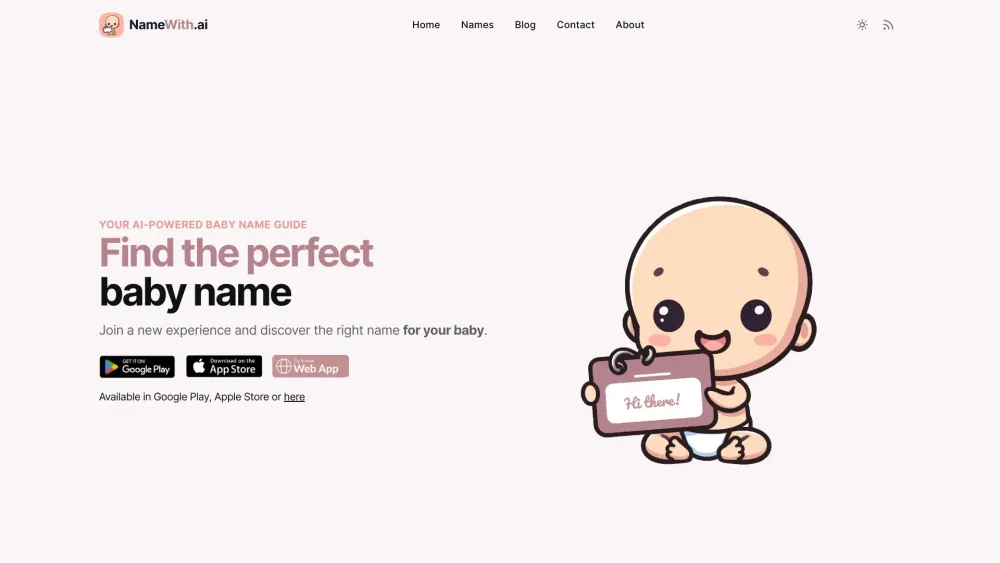A coalition of leading cancer care institutions has come together to harness the potential of artificial intelligence (AI) to revolutionize cancer treatment. With a substantial investment of $40 million from prominent tech partners, the Cancer AI Alliance (CAIA) represents a significant advancement in precision medicine.
The alliance consists of four key members: Fred Hutchinson, which will lead the initiative, alongside the cancer research divisions of Johns Hopkins, Dana-Farber, and Sloan Kettering.
Tom Lynch, President and Director of Fred Hutch, unveiled the initiative at the Intelligent Applications Summit in Seattle, where Fred Hutch is located. The event was organized by VC firm Madrona, which has been instrumental in advising Fred Hutch throughout this process. “We believe this initiative has transformative potential. It showcases an unprecedented opportunity for collaboration, enabling significant progress,” Lynch stated.
Lynch shared a poignant scenario involving a child diagnosed with a rare pediatric cancer treated at one facility, while critical scientific insights necessary for improved care are sequestered at another institution, often due to proprietary methods and protocols. Although it may take years for this knowledge to become public through research literature, as Lynch emphasized, time is a luxury that children with aggressive leukemia do not have.
While AI is not a panacea, it can help bridge the gaps in knowledge among medical organizations. If valuable treatment options or studies remain hidden from each other, it hampers the advancement of the entire cancer care field.
Compounding this issue is the challenge of sharing data among healthcare institutions, which is complicated by regulatory frameworks, safety concerns, and inconsistencies in data formats and databases. Even if pertinent studies on leukemia treatment at Sloan Kettering are accessible at Johns Hopkins, there is no assurance that the data can be shared legally or technically.
To address this challenge, the new organization will implement federated learning, a secure method of data collaboration that allows institutions to maintain their raw data privacy while using it to train AI systems and other computational tools.
CAIA aims to create a collaborative ecosystem where research organizations can contribute to joint objectives, such as developing a drug discovery or diagnostic model for a prevalent cancer type, all while adhering to HIPAA and other data protection regulations. However, Jeff Leek, VP and Chief Data Officer of Fred Hutch, notes that this vision is still in its early stages.
While the goal is achievable, he indicated that technical challenges need to be addressed as collaboration progresses. Securing commitments from these cancer research centers and aligning them with support from technology giants like Microsoft, AWS, Nvidia, and Deloitte was a crucial first step. Now, the focus will shift to establishing the necessary shared infrastructure, defining standards, and setting specific objectives—such as targeting a model for a particular type of cancer or therapy.
The $40 million funding comprises a blend of operational funds, services, and resources from the four tech companies. The timeline for implementation is still under discussion, but CAIA aims to be operational by the end of this year, with its first insights expected to emerge by late 2025.




